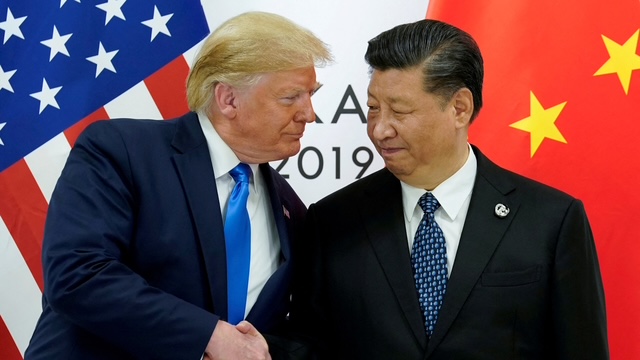Punching Up at America

The US’ place as the world’s most powerful and influential nation plays a role in how America is compared with other nations, in which untrue negative narratives are attributed to the US, and the reverse is attributed to the nation the US is compared to. This occurs both within the US (usually the political left employing this tactic when arguing with the political right) and outside of the US. Because of the US’ status as top nation in influence, power, and in achievements and might in many things, many countries (particularly Western countries, which are more culturally similar and thus feel more of a rivalry with US) in response have seized on issues that the US either ostensibly has, or actually has, and displays openly, as a way to tell their population “see, you don’t have to feel overawed about the US’ position relative to our country because of…”
Not to trivialize the problems that would fall under this category, but most of them are problems that other nations have as well, or are over exaggerated negative qualities of the US compared to other countries (any level of racism, sexism etc) by the left leaning US media, which will emphasize negatives both for views and to advance their narrative. Or they are things that the US actually doesn’t do worse than other nations but is simplified and misrepresented by foreigners and people in the US themselves, or are problems that are a function of having a much larger, more diverse, heterogeneous and spread out population than other Western countries (healthcare, average quality of life). But most of these criticisms, even ones with any amount of truth in them, are based off of caricatures and bad faith generalizations of the US. The ironic thing is that foreigners constantly complain about Americans lacking specific knowledge of their countries or making generalizations, while they themselves make generalizations and lack knowledge of the US. But what they do is less defensible, because they are much more exposed to the US, American media, and American way of life etc than vice versa.
The left and media in America plays into this for a few reasons. The media likes attention grabbing stories. And many Americans, of any persuasion, do have a sense that they are the center of the world, so any major events in the US are widely broadcast. And people like to make grand statements with “America is” as the prefix, because the fact that the US is so influential in the world, will make their statement, whether wrong or right, carry weight. The US is almost subconsciously seen as the “World Society,” whereas making grand statements saying “Denmark this” or “New Zealand that” would seem a little too colloquial. I also suspect that the left in the US latches on to narratives (true and false ones) of country x doing better than the US in this, because they think that the American right, which is extremely patriotic, will be swayed to do what the left wants just so that the left will stop saying “country x is better than America in this.”
Lastly, in comparing the US to any other country, Americans getting together to say that their country is better than country x feels like punching down, while people from another country getting together to hate on the US feels like punching up, which is why you get dynamics where people favor one country over the US. And while it affects the US the most, you see this in any comparison of similar countries in which one country is bigger and more influential than the other. Watch any UK v Ireland or Australia v New Zealand video, and you’ll never see the majority of comments favoring the UK over Ireland or Australia over New Zealand.
While this shouldn’t be used to claim that there aren’t things that other nations do better than the US, it should be noted as background context for why people from other countries interact with and have certain perceptions of the US in the way that they do. It should also be context for understanding that this type of negative comparison of the US to other nations does not necessarily mean that the US is worse, just that it is the big dog than other countries want to cut down to size.


